When a person’s teeth or jaws do not fit together properly, they may require orthodontic treatment to correct the issue. Neglecting these orthodontic problems, often known as malocclusions, can lead to speech difficulties, premature wear of the teeth and protective enamel, and even an increased risk of injury to the teeth and jaw joints. Don’t forget to visit our Facebook!
Orthodontic Treatment to correct any issue:
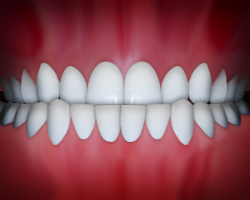 Underbite
Underbite
An underbite occurs when the lower jaw extends too far out, positioning the lower front teeth in front of the upper front teeth.
 Crossbite
Crossbite
This malocclusion happens when the upper teeth rest inside the lower teeth, potentially causing tooth stratification and misaligned jaw growth. Patients typically adjust their lower jaw forward or to the side to close their mouth. This improper bite leads to incorrect use of the lower jaws and can result in facial asymmetry.
 Upper Front Teeth Protrusion
Upper Front Teeth Protrusion
This type of bite affects both the appearance and function of your teeth. It is characterized by either the upper teeth extending too far forward or the lower teeth not extending far enough forward.
 Overbite
Overbite
The upper front teeth extend excessively over the lower front teeth, sometimes causing the lower front teeth to bite into the roof of the mouth. Issues commonly associated with an overbite include a “gummy” smile, protruding lips, and excessive incisor wear.
 Crowding
Crowding
Crowding arises when there is insufficient room for teeth to emerge from the gums. It represents a primary reason for braces. Crowding not only affects aesthetics but has also been linked to periodontal problems and dental decay due to challenges in cleaning overlapping tooth surfaces.
 Spacing
Spacing
Spacing problems may result from missing teeth or be purely cosmetic. Spacing is another common reason for braces. Unlike crowding, spacing often occurs due to excessive jaw room relative to tooth size.
 Open bite
Open bite
This type of bite, where the upper and lower front teeth do not overlap during chewing, impacts proper chewing function. Open bite can lead to undesirable habits like tongue thrusting or thumb sucking. Timely evaluation and intervention are crucial for correcting an open bite.
 Dental Midlines not Matched
Dental Midlines not Matched
Mismatched dental midlines become apparent when the back bite does not align correctly. This misalignment can negatively affect jaw function and overall dental health.

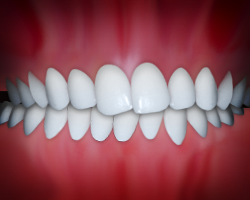 Crossbite
Crossbite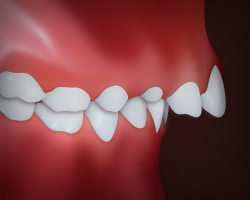 Upper Front Teeth Protrusion
Upper Front Teeth Protrusion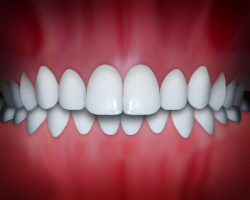 Overbite
Overbite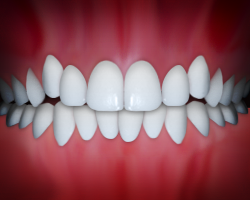 Crowding
Crowding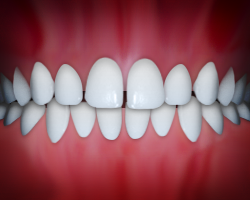 Spacing
Spacing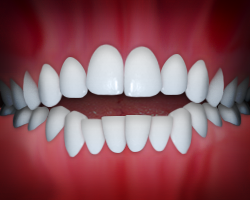 Open bite
Open bite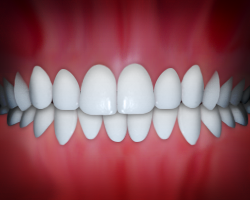 Dental Midlines not Matched
Dental Midlines not Matched